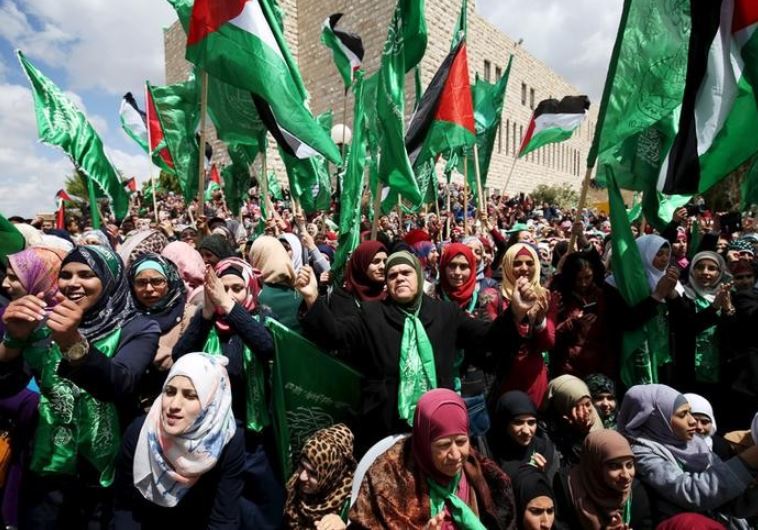The Israeli negotiating team is trying to advance a partial deal with the Prime Minister’s approval. They know the Prime Minister well, which is why they are not trying to advance a comprehensive deal that would return all the hostages. They also believe that with Trump entering the White House, there is a chance that Netanyahu will agree to a deal that has been on the table since May. In order to reach a comprehensive deal, they understand that in addition to the heavy price of releasing the murderers of Israelis, there is also a price to pay which is ending the war and a full Israeli withdrawal from Gaza.
Netanyahu says that he refuses to end the war because Hamas has not been completely eliminated and will probably be able to continue to control Gaza. Here lies the main mental flaw of the Israeli government. As long as the IDF is in Gaza, Hamas’ control over Gaza cannot be eliminated. The mere presence of Israeli soldiers in Gaza gives Hamas targets to shoot and kill and allows for the almost endless recruitment of desperate young Gazans into Hamas’ armed forces. I hear from Palestinian sources in Gaza and the West Bank that the vast majority of Gazans want to remove Hamas from their lives. Their hatred of Hamas is very evident, but just as in Israel we don’t know how to get rid of the Netanyahu government, they don’t know how to get rid of Hamas. If there were a government in Israel that was interested in peace with its neighbours, it would ask the Palestinian Authority, together with the countries of the region such as Egypt, Jordan, the Emirates, Bahrain, Morocco, and also Saudi Arabia, to convene a regional conference on the future of Gaza and the establishment of Israeli-Palestinian peace.
Since this is beyond imagination, perhaps the Palestinian Authority should call for a regional conference without Israel’s participation in order to reach agreements on replacing Hamas in Gaza with another, acceptable civilian Palestinian government. It would be wise to include the new American administration in this planning because only this administration has the potential to put real pressure on Netanyahu.
Without heavy pressure from Trump on Netanyahu, it is difficult to see how to end the war and return all the hostages.


